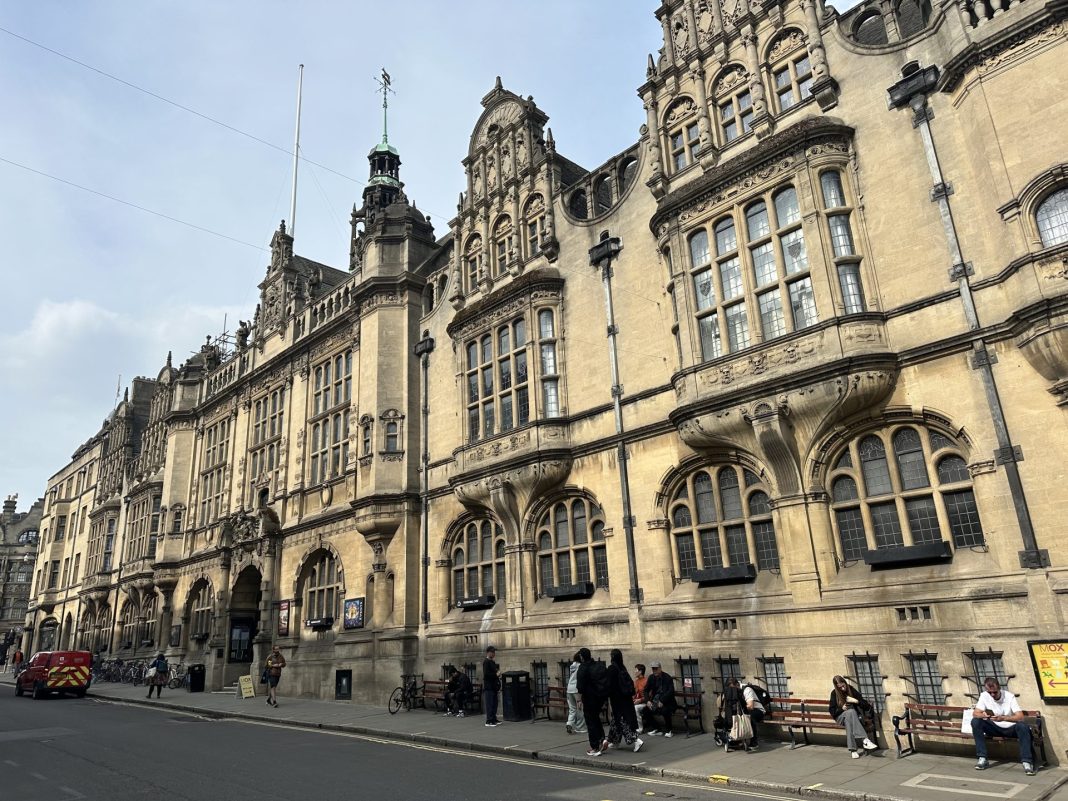Oxford City Council have released details on a suggested proposal to abolish Oxfordshire’s six councils and replace them with three new ones: Greater Oxford Council, Northern Oxfordshire Council, and Ridgeway Council.
This proposal was in response to a government request for councils across England to suggest ways to simplify the structure of local government in their regions.The last time local government was reorganised in Oxfordshire was in 1974.
The reshuffling aims to redistribute administrative control to residents. The Greater Oxford boundary closely follows the line of Oxford’s ‘Green Belt’, which spans from Bicester in the North to Abingdon in the South. Currently, almost all of the Green Belt sits outside of the city’s administrative boundaries. The proposal for a Greater Oxford council would give local residents authority over the Green Belt for the first time since its creation in 1975.
Councillor Edward Mundy, Leader of the Oxford Community Independents told Cherwell that this unification would mean that “residents across the greater Oxford area get a say in the political decisions that impact them and where they live and work.
For a city like Oxford, which is not in a built-up or urban part of the country this loss of local agency could be particularly pronounced.”
The proposed benefits for the county include 40,000 new homes to be built near existing jobs and community facilities by 2040, 40% of which would be required to be council homes if following existing planning policies. The Council also says it would extend public transport routes to reduce congestion, as well as widen the access of leisure and outdoor pools to all Greater Oxford residents rather than to city residents exclusively.
The proposal has met opposition within the county. Emily Kerr, Local Councillor for the Green Party, told Cherwell that this proposal is “simply a non-starter” unless the National Government’s stated criteria for population size changes. Greater Oxford would cover a region with a population of about 240,000 people today, rising to about 345,000 by 2040. The Oxfordshire Green Party voted to oppose an Oxfordshire unitary authority, opting to support the ‘Your Oxfordshire’ suggestion which offers a new unitary authority on existing county boundaries.
Councillor Mundy also highlighted some disadvantages of the unified council system, but said: “To do nothing and submit no proposal was an option, but that would have effectively given up on Oxford having its own Council, possibly even on the continued public use of our Town Hall.”
Regarding the likelihood of these plans going ahead, Councillor Kerr told Cherwell that she hopes that either decision will “decentralise decision making” but “to a large degree, it will be out of our hands as it is a Westminster decision.”
Independent Councillor David Henwood also told Cherwell his thoughts on the restructuring. A single unitary authority for Oxfordshire would “improve cost efficiency, strategic planning, increase bargaining power and simplify governance” but also “lose local responsiveness, democratic disconnect and transition complexity”.
He added that three smaller authorities split into rural and city unitaries would provide “better local identity, improve accountability, balance power”, but would also cost more than a single unitary, whilst also causing potential boundary disputes.
The public consultations regarding this proposal will take place in June and July to submit the final proposal to the Government in November.


